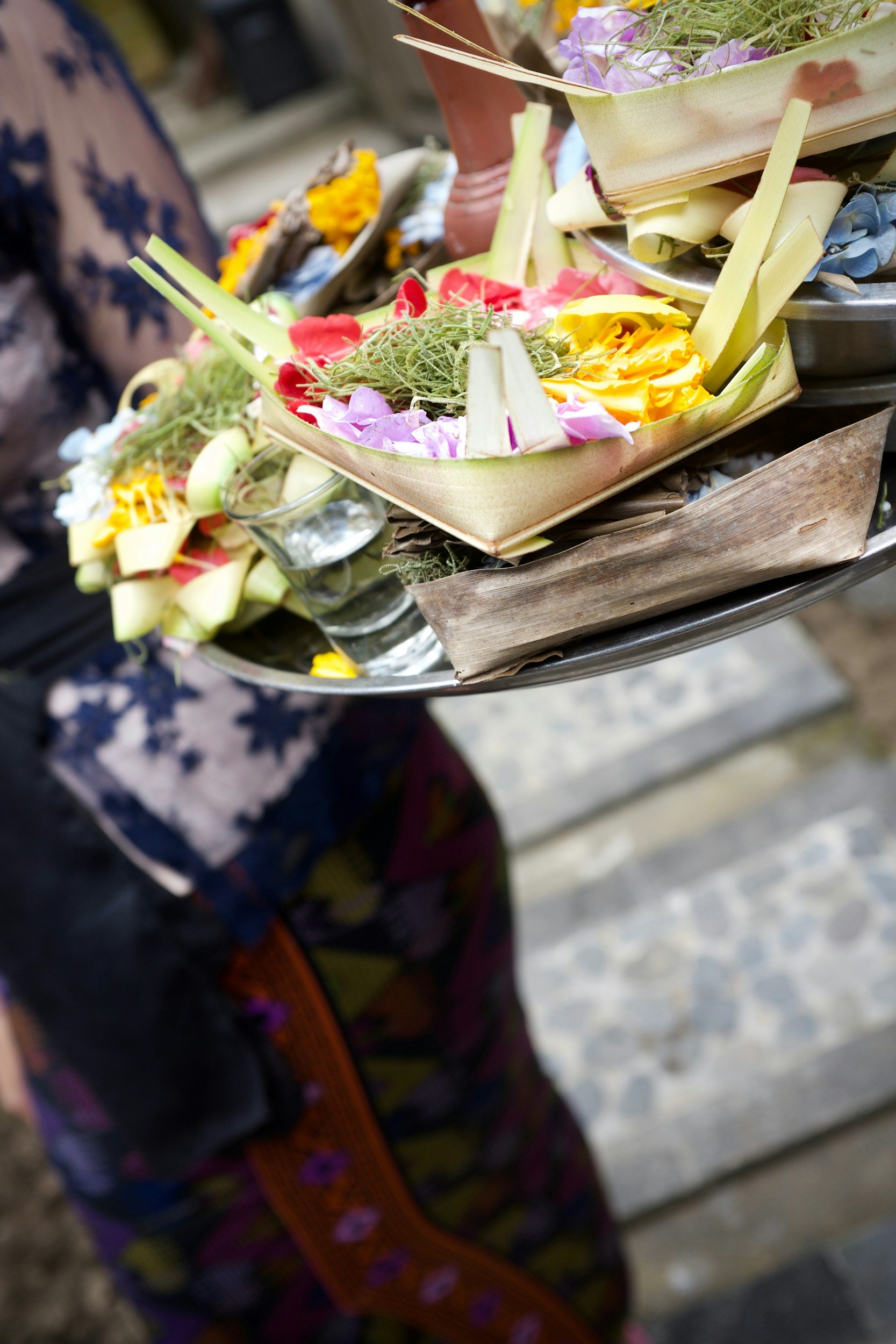Healthy Living Habits We Can Learn From Igbo Ancestors
Odinani, which is the way of being of Igbo people, has a rich cultural heritage that includes a wealth of knowledge about healthy living. The traditional lifestyle of Igbo ancestors offers timeless wisdom that can be applied to modern life to improve our physical, mental, and spiritual well-being. In this post, we will examine some of the habits of Igbo ancestors, so we can uncover practical and beneficial practices that promote a healthy, balanced life.
Healthy Living Habits We Can Learn From Our Ancestors
1. Take Long Walks: Put in the Miles
One of the most notable aspects of Igbo ancestral life is their propensity for walking long distances. When they went out for farming, trading, or social visits, walking was an integral part of their daily life.
Physical Health Benefits: Regular walking improves cardiovascular health, strengthens muscles, and improves overall fitness. It also helps in maintaining a healthy weight and reducing the risk of chronic diseases such as diabetes and hypertension.
Mental Health Benefits: Walking, especially in natural surroundings, reduces stress, improves mood, and boosts mental clarity. It provides a time for reflection and mental rejuvenation.
2. Eat Organic Foods
Igbo ancestors relied on natural, unprocessed foods for their diet. Their meals were rich in locally sourced, organic produce.
Nutritional Value: Organic foods are usually richer in nutrients compared to processed foods. They contain higher levels of vitamins, minerals, and antioxidants that are essential for good health.
Avoiding Harmful Chemicals: By consuming organic foods, Igbo ancestors avoided the harmful effects of pesticides, herbicides, and synthetic fertilizers, promoting overall health and longevity.
Diverse Diet: Traditional Igbo diets includes a variety of fruits, vegetables, grains, and lean proteins, ensuring a well-rounded intake of nutrients.
3. Engage in Physical Labor & Activities
Traditional Igbo life involved significant physical labor, from farming and building to crafting and dancing.
Strength and Endurance: Engaging in regular physical activity strengthens the body and improves endurance. It also improves coordination and agility.
Holistic Exercise: The physical activities of the Igbo people were holistic, they usually involved the entire body, promoting balanced physical development.
4. Connect with Nature
Igbo ancestors lived in close harmony with nature, respecting and understanding the natural environment.
Stress Reduction: Spending time in nature reduces stress and anxiety, promoting mental well-being. It also improves mood and cognitive function.
Immune System Boost: Regular exposure to natural environments boosts the immune system, reducing the likelihood of illness.
5. Build Strong Community Ties
Igbo people have a strong sense of community and social cohesion, which plays a crucial role in their well-being.
Social Support: Strong community ties provide emotional support, reducing feelings of loneliness and depression. They also offer practical assistance during times of need.
Shared Responsibilities: Working together as a community encourages a sense of belonging and purpose. It encourages mutual respect and cooperation.
6. Practice Traditional Medicine
Traditional Igbo medicine incorporates the use of herbs, rituals, and holistic practices to maintain health and treat illnesses.
Natural Remedies: Herbal medicine offers natural remedies with fewer side effects compared to synthetic drugs. Many traditional herbs have powerful medicinal properties that can treat a wide range of ailments.
Preventive Care: Traditional medicine emphasizes preventive care, encouraging practices that promote long-term health and prevent disease.
7. Mindful Eating Practices
Igbo ancestors practiced mindful eating, focusing on the quality and experience of their meals.
Balanced Diet: Meals were typically well-balanced, incorporating a mix of carbohydrates, proteins, and fats along with plenty of vegetables and fruits.
Portion Control: Eating in moderation and listening to the body's hunger and fullness cues helped maintain a healthy weight and prevent overeating.
8. Spiritual Practices and Meditation
Spirituality and meditation were integral parts of Igbo life, promoting mental and emotional well-being.
Mental Clarity: Regular meditation in the form of Igo mmuo and spiritual practices help clear the mind, reduce stress, and enhance focus.
Emotional Stability: These practices promote emotional stability, helping practitioners cope with life's challenges with resilience and grace.
To Sum It Up
The healthy living habits of Igbo ancestors offer valuable lessons for modern life. We can achieve a balanced and healthy lifestyle by incorporating practices such as regular physical activity, consuming organic foods, connecting with nature, building strong community ties, practicing traditional medicine, mindful eating, and engaging in spiritual practices. Adopting these timeless lifetstyles can lead to improved physical, mental, and spiritual well-being, ensuring a fulfilling and harmonious life.
If you enjoyed this post share it with someone, and feel free to leave any thoughts, questions or comments you have on this topic in the comment section below. Yagazie!





























